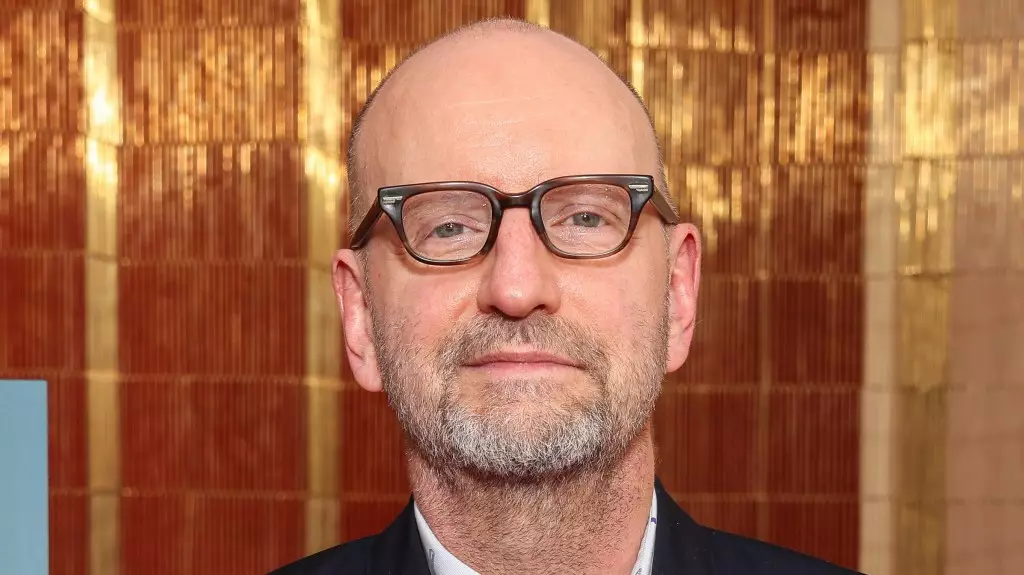In a candid conversation with The Independent, acclaimed director Steven Soderbergh opened up about his latest film, *Black Bag*, an espionage thriller that has garnered critical acclaim but struggled to find its footing at the box office. This paradox highlights a significant concern for the future of mid-budget, narrative-driven films. Soderbergh’s sentiments echo a troubling trend within the industry: an increasing disconnect between critical praise and commercial viability. It’s not simply about *Black Bag*; it’s a harbinger of a broader issue that confronts the cinematic landscape today.
The Displeasure of Vanishing Audiences
Soderbergh emphasized his distress over what he perceives as a dwindling audience for intelligent, adult-oriented films, expressing genuine concern about the implications for future filmmakers. “If a mid-level budget, star-driven movie can’t seem to get people over the age of 25 to come out to theaters,” he said, voicing a deep-seated worry that this could signify a death knell for a kind of storytelling he holds dear. This sentiment is poignant, yet it raises critical questions about the changing dynamics of viewer engagement and what audiences truly desire. Are they gravitating more towards high-octane blockbusters, or is something deeper at play in their reluctance to attend the theater?
The Influence of Star Power and Marketing
Starring industry titans like Cate Blanchett and Michael Fassbender, *Black Bag* was positioned as a formidable entry into the market. However, to Soderbergh, this star-studded cast didn’t translate into ticket sales, raising suspicions about marketing strategies that fail to resonate with contemporary moviegoers. The disconnect between star appeal and box office returns likely stems not only from the present appetite for escapism but also from a pervasive trend of content saturation. With streaming services reigning supreme, the lure of staying home with countless options has never been more enticing, further complicating the theatrical landscape.
A Call for Audience Cultivation
Soderbergh’s frustration isn’t merely about *Black Bag*’s performance; it is a clarion call for the industry to reexamine how it nurtures audiences for mid-range narratives. He posits the urgent necessity of creating an environment where films aimed at grown-ups can thrive, stating that we cannot afford to lose this genre of storytelling. It’s a battle for the soul of cinema, with Soderbergh underscoring the perilous future facing new filmmakers attempting to navigate a landscape where even established names struggle to be seen.
The Stakes for Future Filmmakers
Reflecting on his own seminal works, Soderbergh mused that iconic films like *Erin Brockovich* and *Traffic* might never see the light of day in today’s market dominated by franchises and blockbuster spectacles. This realization is stark and serves as a reminder of the creative risks that once flourished in the industry. As filmmakers grapple with evolving viewer expectations and the encroaching dominance of streaming services, questions about artistic integrity versus commercial success loom larger than ever.
Through Soderbergh’s lens, we see a passionate plea not just for the survival of mid-range films, but for a cultural appreciation of diverse narratives that provoke thought and evoke emotion. The dichotomy between critical acclaim and box office performance unfolds as a crucial conundrum, beckoning creators and audiences alike to reclaim the cinematic experience that once thrived on intellectual stimulation and artistic depth.
